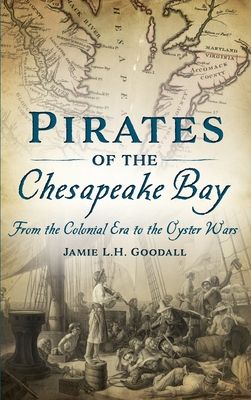Home
Colonel Ninian Beall: Settler and Militia Leader in Colonial-Era Maryland
Loading Inventory...
Barnes and Noble
Colonel Ninian Beall: Settler and Militia Leader in Colonial-Era Maryland
Current price: $10.98


Barnes and Noble
Colonel Ninian Beall: Settler and Militia Leader in Colonial-Era Maryland
Current price: $10.98
Loading Inventory...
Size: OS
*Product Information may vary - to confirm product availability, pricing, and additional information please contact Barnes and Noble
The fascinating life of Ninian Beall, a military Scotsman who went on to become one of Maryland's most revered individuals, is detailed in this biography.
Ninian Beall's importance in the history of Maryland is notable. After an early life spent as a cornet player in the Scots army, he was captured in the Battle of Dunbar during the rebellion against Oliver Cromwell. He spent some five years imprisoned in Ireland and Barbados, before finally being transferred to the colony in Maryland as an indentured servant. Upon the expiry of his servitude, Beall used his wits and talents to rise to leadership of the local Maryland militia in Calvert County.
We are informed that this account of Beall was written in memorial to his life and deeds, coinciding with the placing and blessing of a commemorative boulder in 1910. Through multiple photographs we witness how, almost two centuries following Beall's death in 1717, his services to the locality were fondly remembered by the local church. We also find appended the last will and testament of Beall, who sought to carefully distribute his possessions among his family and local friends.
Ninian Beall's importance in the history of Maryland is notable. After an early life spent as a cornet player in the Scots army, he was captured in the Battle of Dunbar during the rebellion against Oliver Cromwell. He spent some five years imprisoned in Ireland and Barbados, before finally being transferred to the colony in Maryland as an indentured servant. Upon the expiry of his servitude, Beall used his wits and talents to rise to leadership of the local Maryland militia in Calvert County.
We are informed that this account of Beall was written in memorial to his life and deeds, coinciding with the placing and blessing of a commemorative boulder in 1910. Through multiple photographs we witness how, almost two centuries following Beall's death in 1717, his services to the locality were fondly remembered by the local church. We also find appended the last will and testament of Beall, who sought to carefully distribute his possessions among his family and local friends.


















